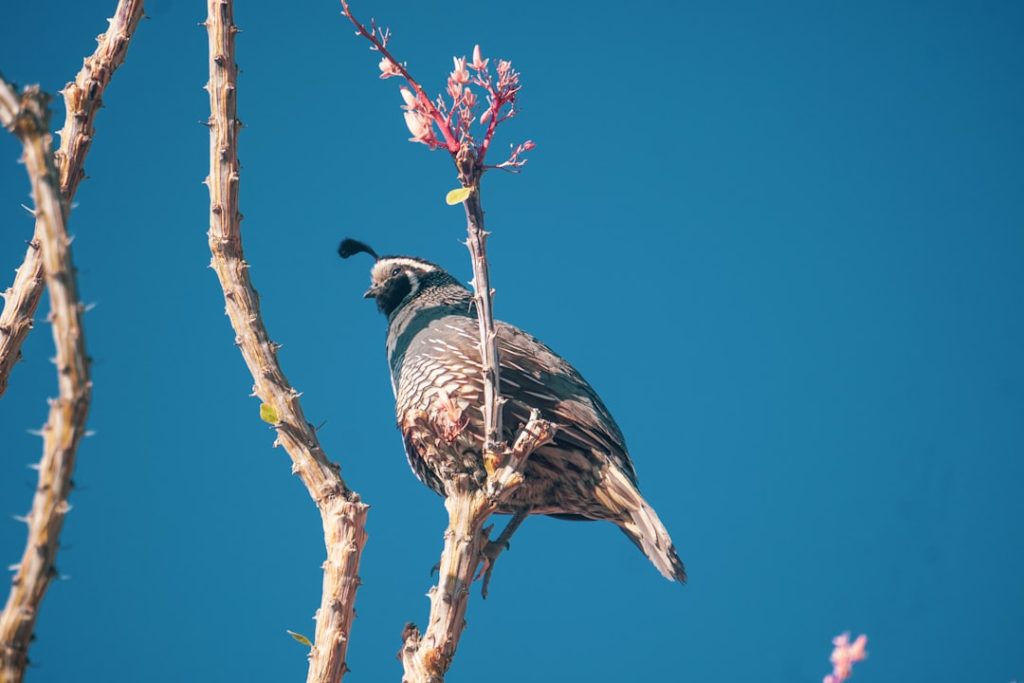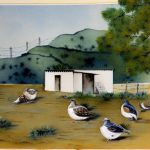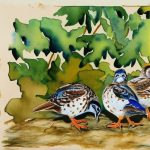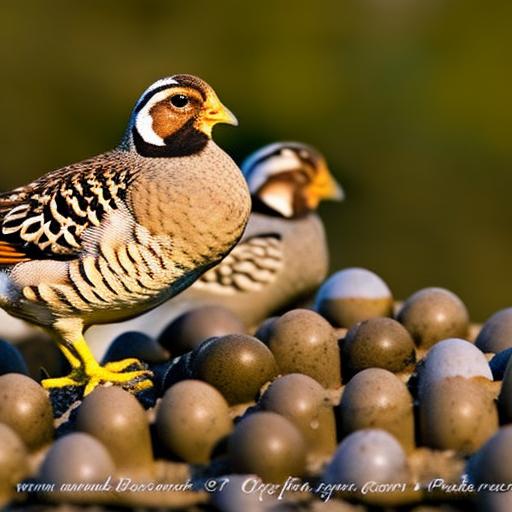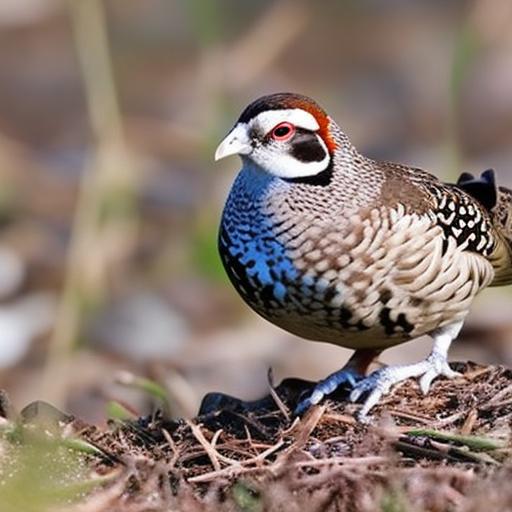Quail licensing is a process that allows individuals to legally keep and raise certain breeds of quail. This process is put in place to ensure the welfare and conservation of quail species, as well as to regulate the breeding and selling of quail for commercial purposes. In many countries, including the United States, quail licensing is required for specific breeds of quail due to their status as game birds or their potential impact on local ecosystems. The process of obtaining a quail license involves meeting certain regulations and requirements set forth by local wildlife agencies, and failure to comply with these regulations can result in legal consequences. Understanding the breeds of quail that require a license, the regulations and requirements for obtaining a license, and the reasons for licensing certain quail breeds is essential for anyone interested in keeping quail.
Table of Contents
- 1 Breeds of Quail Requiring a License
- 2 Regulations and Requirements for Quail Licensing
- 3 Reasons for Licensing Certain Quail Breeds
- 4 How to Obtain a Quail License
- 5 Consequences of Keeping Unlicensed Quail
- 6 Conclusion and Resources for Quail Licensing
- 7 FAQs
- 7.1 What breeds of quail require a license?
- 7.2 Why do some breeds of quail require a license?
- 7.3 How can I obtain a license for breeding certain quail breeds?
- 7.4 What are some common quail breeds that may require a license?
- 7.5 What are the consequences of owning certain quail breeds without a license?
Key Takeaways
- Quail licensing is required for certain breeds to ensure responsible ownership and conservation efforts.
- Breeds such as the California quail and Gambel’s quail require a license due to their status as game birds.
- Regulations for quail licensing vary by state and may include specific enclosure requirements and annual fees.
- Licensing certain quail breeds helps to monitor and control their population, preventing over-harvesting and extinction.
- To obtain a quail license, individuals must typically submit an application, pay a fee, and demonstrate proper care and housing for the birds.
Breeds of Quail Requiring a License
Several breeds of quail require a license to keep and raise due to their status as game birds or their potential impact on local ecosystems. Some of the most common breeds that require a license include the Bobwhite quail, California quail, Gambel’s quail, and Mountain quail. These breeds are often classified as game birds and are subject to specific regulations to ensure their conservation and sustainable management. Additionally, some states require a license for keeping Japanese quail, also known as Coturnix quail, due to their popularity in the commercial quail industry. These regulations are in place to prevent the overexploitation of quail populations and to ensure that their breeding and selling are conducted in a responsible manner. It is important for individuals interested in keeping quail to research the specific breeds that require a license in their area and to understand the regulations associated with each breed.
Regulations and Requirements for Quail Licensing
The regulations and requirements for obtaining a quail license vary depending on the breed of quail and the local wildlife agency responsible for issuing licenses. In general, individuals seeking a quail license must demonstrate that they have the knowledge and resources necessary to properly care for and raise quail. This may include providing suitable housing, access to food and water, and appropriate veterinary care for the quail. Additionally, individuals may be required to submit to inspections of their quail facilities and provide documentation of their experience with raising quail. Some states also require individuals to pass a written exam or complete a training course on quail husbandry before obtaining a license. These regulations are put in place to ensure the welfare of the quail and to prevent the illegal trade and exploitation of quail populations.
Reasons for Licensing Certain Quail Breeds
There are several reasons why certain breeds of quail require a license to keep and raise. One of the primary reasons is the conservation and management of game bird populations. Many species of quail are popular game birds, and licensing is used as a tool to regulate their hunting and breeding to prevent overexploitation. By requiring a license, wildlife agencies can monitor the number of quail being raised and sold, as well as ensure that hunting is conducted in a sustainable manner. Additionally, licensing certain breeds of quail helps to prevent the introduction of non-native species into local ecosystems. In some cases, unlicensed quail breeds may pose a threat to native wildlife or agricultural crops, making it essential to regulate their breeding and distribution. By requiring a license for specific breeds, wildlife agencies can mitigate these potential risks and protect local ecosystems.
How to Obtain a Quail License
The process of obtaining a quail license typically involves submitting an application to the local wildlife agency responsible for regulating game birds and exotic species. The application may require individuals to provide information about their experience with raising quail, the number of quail they intend to keep, and the purpose of keeping quail (e.g., for personal use or commercial breeding). In some cases, individuals may be required to pay a fee for the license application or undergo an inspection of their quail facilities. Additionally, some states may require individuals to complete a training course or pass an exam on quail husbandry before obtaining a license. It is important for individuals interested in obtaining a quail license to research the specific requirements in their area and to ensure that they are in compliance with all regulations before submitting an application.
Consequences of Keeping Unlicensed Quail
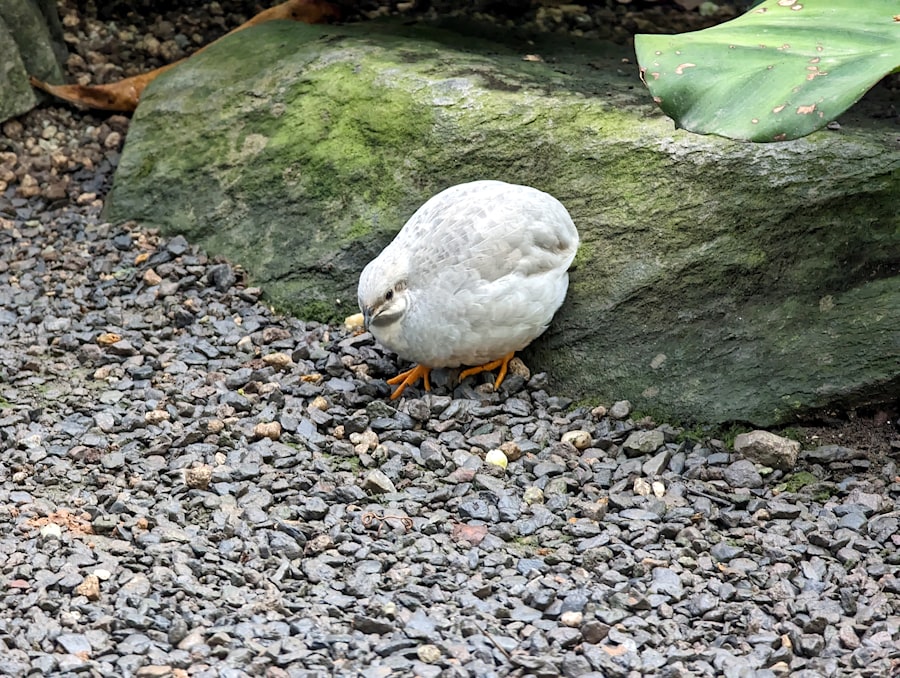
Keeping unlicensed quail can have serious legal consequences, including fines, confiscation of quail, and potential criminal charges. Wildlife agencies take unlicensed quail keeping very seriously due to the potential impact on local ecosystems and game bird populations. Individuals found keeping unlicensed quail may be subject to fines ranging from hundreds to thousands of dollars, depending on the severity of the violation. Additionally, wildlife agencies have the authority to confiscate unlicensed quail and take legal action against individuals who continue to violate licensing regulations. In some cases, individuals may face criminal charges for illegal possession or trafficking of unlicensed quail. It is essential for anyone interested in keeping quail to understand the legal implications of keeping unlicensed birds and to ensure that they are in compliance with all licensing regulations.
Conclusion and Resources for Quail Licensing
In conclusion, obtaining a quail license is essential for anyone interested in keeping certain breeds of quail due to their status as game birds or their potential impact on local ecosystems. Understanding the regulations and requirements for obtaining a license, as well as the consequences of keeping unlicensed quail, is crucial for ensuring compliance with local wildlife laws. Individuals interested in obtaining a quail license should research the specific requirements in their area and reach out to their local wildlife agency for guidance on the application process. By following these regulations and requirements, individuals can legally keep and raise quail while contributing to their conservation and sustainable management.
For more information on quail licensing, individuals can visit the website of their local wildlife agency or contact them directly for guidance on obtaining a license. Additionally, there are numerous resources available online that provide information on the regulations and requirements for keeping licensed quail breeds. By educating themselves on these resources and seeking guidance from wildlife agencies, individuals can ensure that they are in compliance with all licensing regulations and contribute to the responsible management of quail populations.
If you’re interested in learning more about the legal requirements for keeping poultry, you might also want to check out this article on PoultryWizard about how to care for goslings. It provides valuable insights into the responsibilities and considerations involved in raising geese, which can be just as important as understanding the regulations for breeding quail. You can read the full article here.
FAQs
What breeds of quail require a license?
In some regions, certain breeds of quail may require a license to own and raise. It is important to check with local authorities or agricultural departments to determine which breeds may require a license in your area.
Why do some breeds of quail require a license?
Some breeds of quail may require a license due to regulations aimed at controlling the breeding, selling, and keeping of certain species. This is often done to protect native wildlife and prevent the spread of diseases.
How can I obtain a license for breeding certain quail breeds?
To obtain a license for breeding certain quail breeds, you will need to contact your local agricultural department or wildlife agency. They will provide you with the necessary information and requirements for obtaining a license.
What are some common quail breeds that may require a license?
Common quail breeds that may require a license in some areas include the Bobwhite quail, Japanese quail, and Coturnix quail. However, the specific breeds that require a license can vary depending on local regulations.
What are the consequences of owning certain quail breeds without a license?
Owning certain quail breeds without a license can result in fines, penalties, and the confiscation of the quail. It is important to comply with local regulations to avoid legal consequences.
Meet Walter, the feathered-friend fanatic of Florida! Nestled in the sunshine state, Walter struts through life with his feathered companions, clucking his way to happiness. With a coop that’s fancier than a five-star hotel, he’s the Don Juan of the chicken world. When he’s not teaching his hens to do the cha-cha, you’ll find him in a heated debate with his prized rooster, Sir Clucks-a-Lot. Walter’s poultry passion is no yolk; he’s the sunny-side-up guy you never knew you needed in your flock of friends!

